Trees of Santa Cruz County Fraxinus angustifolia 'Raywood' Raywood Ash
Fraxinus angustifolia subsp. oxycarpa 'Raywood', known as claret ash or Raywood ash is a cultivar of ash, a seedling variant of Caucasian ash, Fraxinus angustifolia subsp. oxycarpa. It is distinctive in its leaves turning to a dark red colour in autumn. History
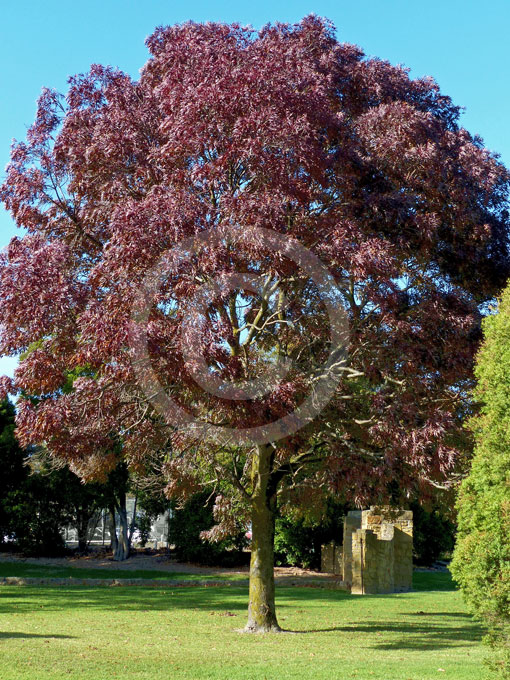
Fraxinus angustifolia Raywood Claret Ash, Desert Ash, Narrow Leaf Ash information & photos
Noted for its exceptionally striking fall foliage, Fraxinus angustifolia 'Raywood' (Claret Ash) is a magnificent, fine-textured, deciduous tree with a straight trunk and a compact, elegant crown. Upright or oval when young, the canopy becomes full and rounded with age.
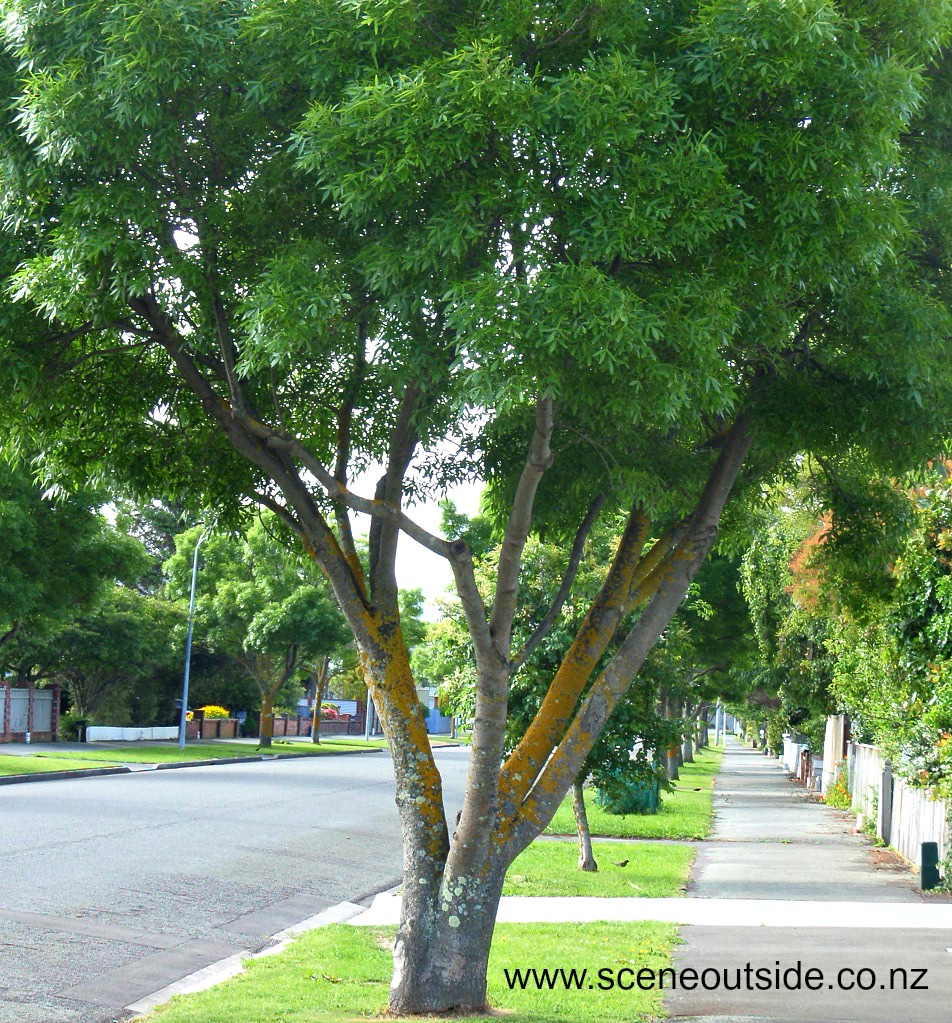
About Garden Design Fraxinus angustifolia 'Raywood'
Description Raywood ash is a broadleaf deciduous tree cultivar in the Oleaceae (olive) family and is native to Asia and Europe. The tree can grow up to 80 feet tall but generally is 40-50 feet tall and 25-30 feet wide. It matures to an oval crown and is deer and drought tolerant once established.
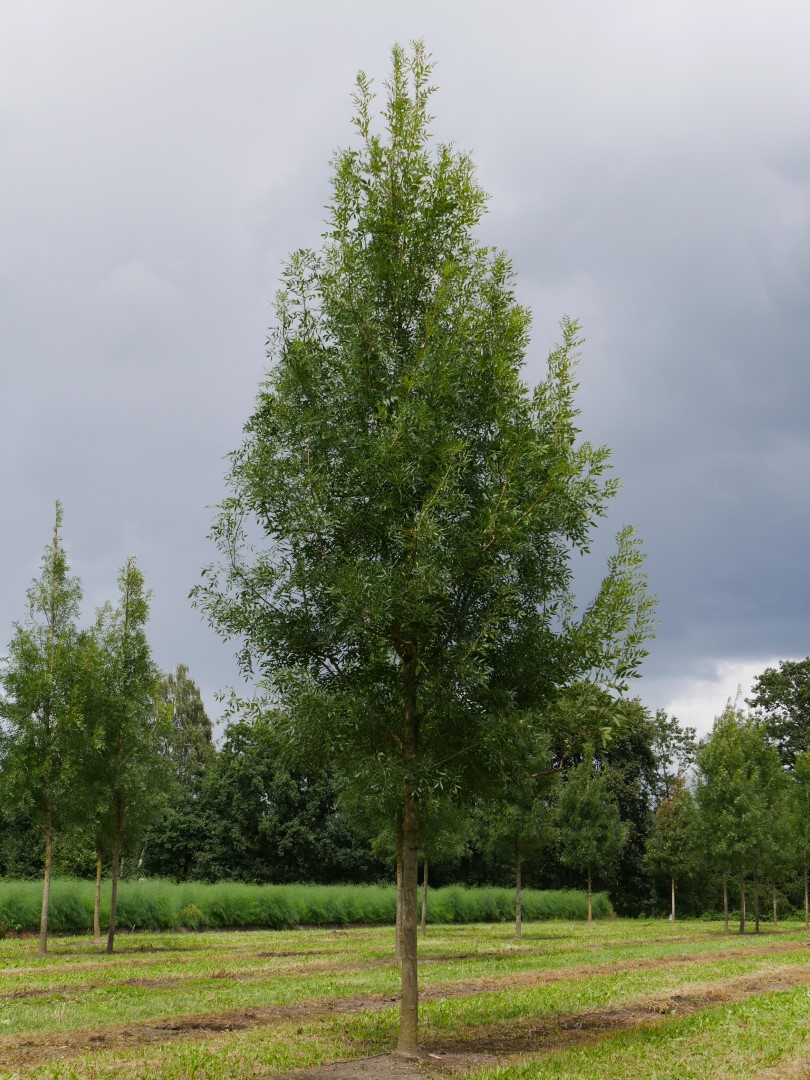
Fraxinus angustifolia 'Raywood' Fraxinus angustifolia 'Raywood' Van den Berk Nurseries
View cart Add to cart Fraxinus angustifolia 'Raywood' Healthy, but not strongly growing selection with a slightly irregular crown. F. angustifolia 'Flame' and 'Wollastonii' are identical to 'Raywood' and can be considered to be synonyms. The main branch grows straight and the structural branches grow diagonally upwards.
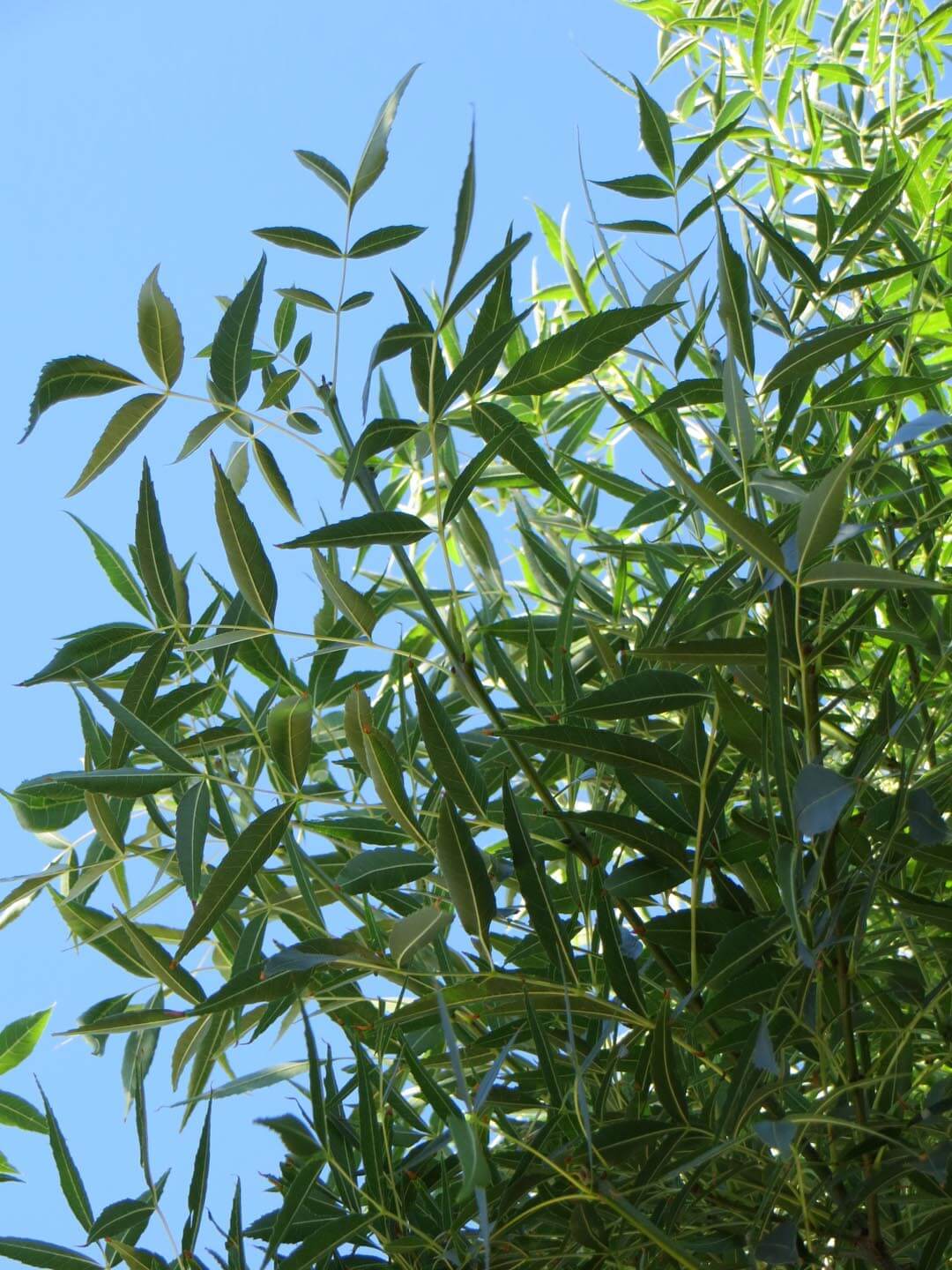
Fraxinus oxycarpa (angustifolia) 'Raywood' Boething Treeland Farms
Tree Characteristics Shape: Oval or Rounded Foliage: Deciduous, Pinnately Compound Odd, Dark Green, Red or Purple Height: 40 - 50 feet. Width: 20 - 30 feet. Flowers: Inconspicuous. Flowers in Spring. Fruit: Fruitless. Bark: Light Gray, Rough or Smooth. Shading Capacity: Moderate in Leaf, Moderate out of Leaf. Tree Site Conditions & Constraints
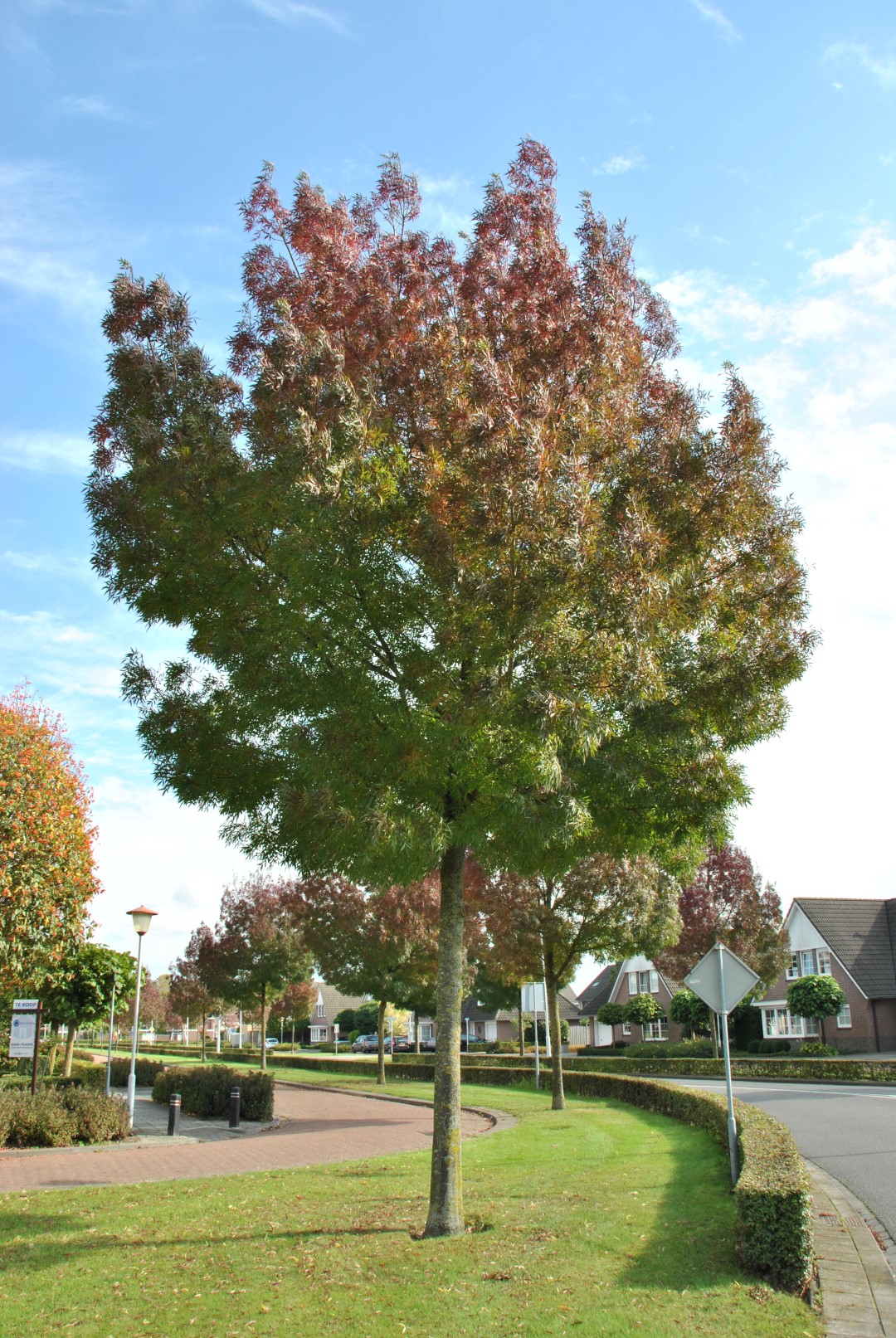
Fraxinus angustifolia 'Raywood' Fraxinus angustifolia 'Raywood' Van den Berk Nurseries
Fraxinus oxycarpa 'Raywood': Raywood Ash 1. Edward F. Gilman and Dennis G. Watson 2. Introduction. This Ash is a fine-textured, deciduous tree which is capable of reaching more than 80 feet in height but will more commonly be 40 to 50 feet tall with a 25 foot spread in a landscape, opening into a full, rounded canopy with age. Young trees are.
.jpg)
Fraxinus angustifolia 'Raywood' Smalbladige es Den Mulder Boomteelt
Chance seedling of Fraxinus angustifolia subsp. oxycarpa, discovered in a South Australian nursery, and subsequently grown on at the nearby Raywood property. Also known as Fraxinus oxycarpa 'Raywood'. Prefers full sun and well-drained soil. Can be grown in any soil-type, although surface roots may become a problem in clay soils and wet sites.
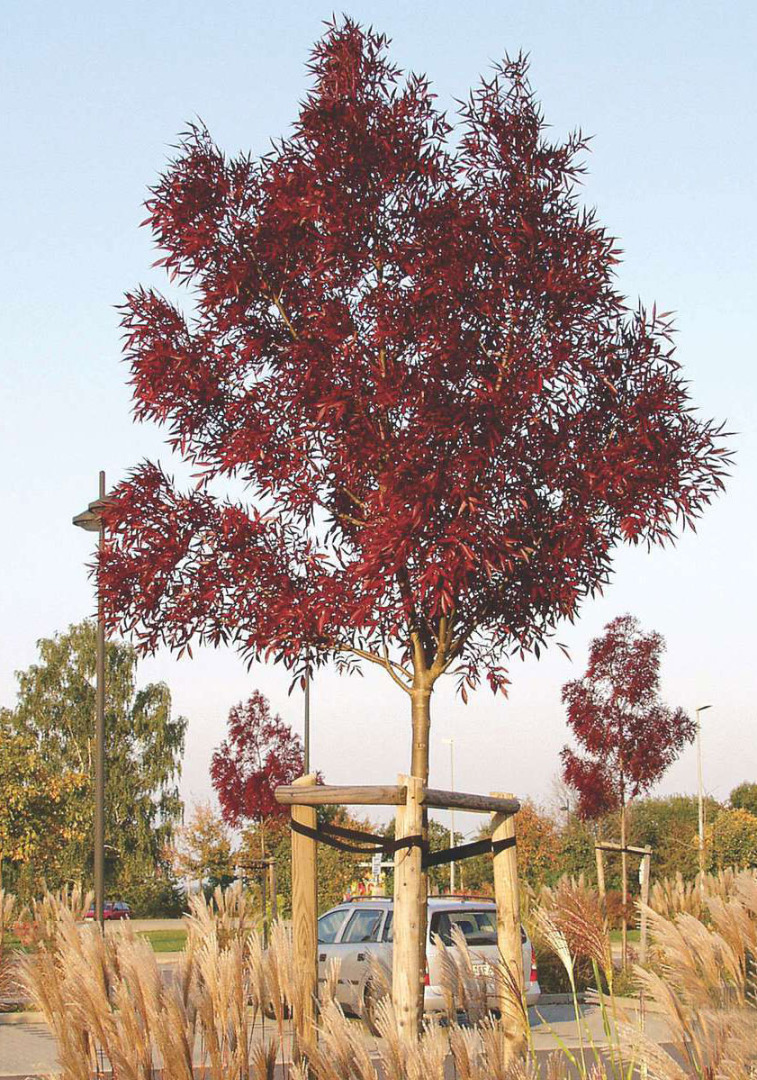
Ясень узколистный Рейвуд (Fraxinus angustifolia Raywood) PLANTE.md
Fraxinus angustifolia 'Raywood' ash 'Raywood' 'Raywood' is a vigorous medium-sized deciduous tree with a compact, elegant habit. Leaves pinnate, with dark green lanceolate leaflets turning red-purple in autumn. Flowers inconspicuous Other common names claret ash Synonyms Fraxinus oxycarpa 'Raywood' Fraxinus 'Raywood' Join the RHS today and save 25%
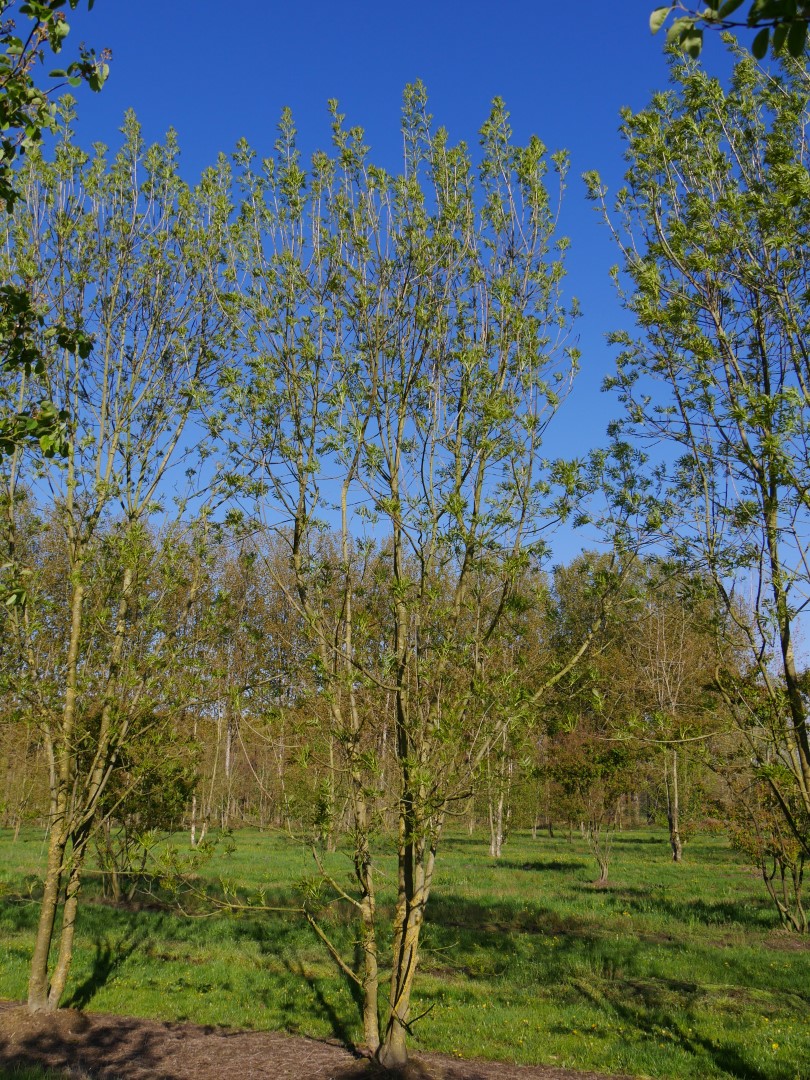
Fraxinus angustifolia 'Raywood' Fraxinus angustifolia 'Raywood' Van den Berk Nurseries
Name derivation: Fraxinus - classical Latin name for ash; angustifolia - narrow-leaved. About this Entry: The main text of this entry is from the book Trees of Stanford and Environs, by Ronald Bracewell, published 2005. John Rawlings subsequently added details on the leaves.
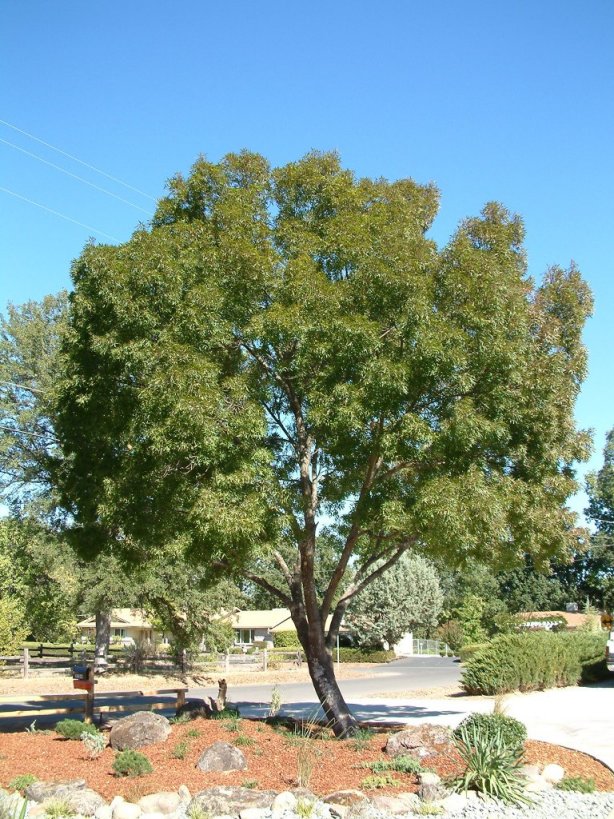
Fraxinus angustifolia 'Raywood'
Fraxinus angustifolia 'Raywood' (also known as Fraxinus oxycarpa 'Raywood') is a medium sized, fast growing, deciduous tree. It has a narrow, upright crown when young and broadens into a full, rounded canopy as it matures. The most alluring feature of this tree is the foliage.

Fraxinus angustifolia 'Raywood' YouTube
Description Desert Ash is a small, deciduous, flowering tree in the olive family that is drought tolerant and makes an excellent street tree. In nature, it is native to the countries surrounding the Mediterranean and is often found in dry, rocky sites in pine or mixed forests.

Fraxinus angustifolia 'Raywood' automne Plantas, Arboles
Fraxinus, Claret Ash, Raywood Ash 'Raywood' Fraxinus angustifolia. Upload Image Print Version View Gallery 37 photos. Upload Image Print Version Family Oleaceae (oh-lee-AY-see-ee) Info. Genus Fraxinus (FRAK-si-nus.
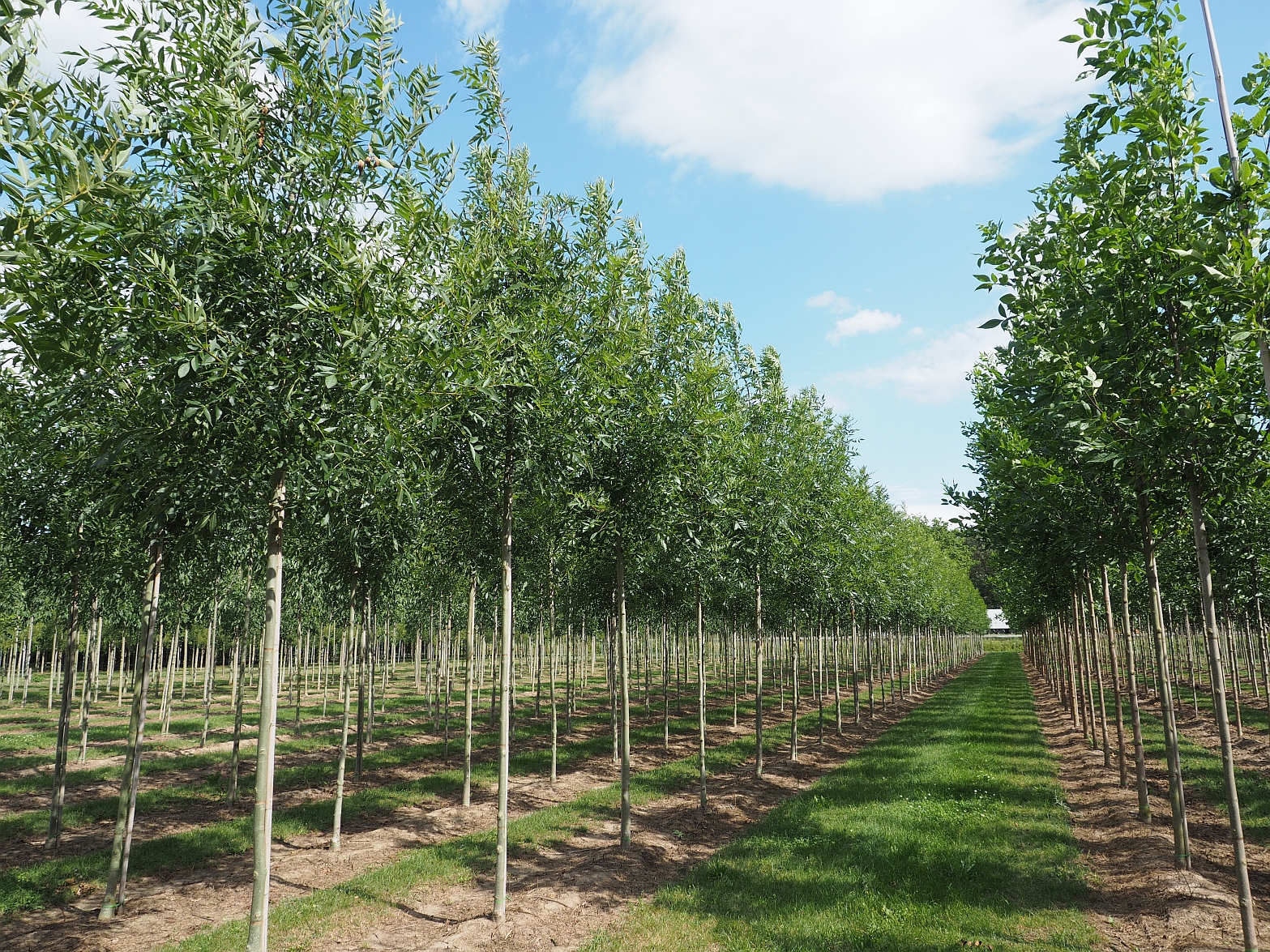
UDENHOUT TREES Fraxinus angustifolia 'Raywood'
Scientific Name: Fraxinus angustifolia Genus: Fraxinus Family: Oleaceae. The Raywood Ash is a cultivar that originated in the Raywood Gardens near Adelaide, Australia. The leaves are dark green and serrated, and they turn to a plum purple color in fall. Raywoods are often seen as street trees, and their fall color can certainly enhance a street.

SAFRU Kertészet és Virágüzlet
Description: Fraxinus 'Raywood', also known as Fraxinum 'Flame', is a medium sized, fast growing, deciduous tree. It has a narrow, upright crown when young and broadens into a full, rounded canopy as it matures. Throughout the summer, the narrow, serrated leaves are dark green and glossy, turning an alluring red wine colour in autumn.
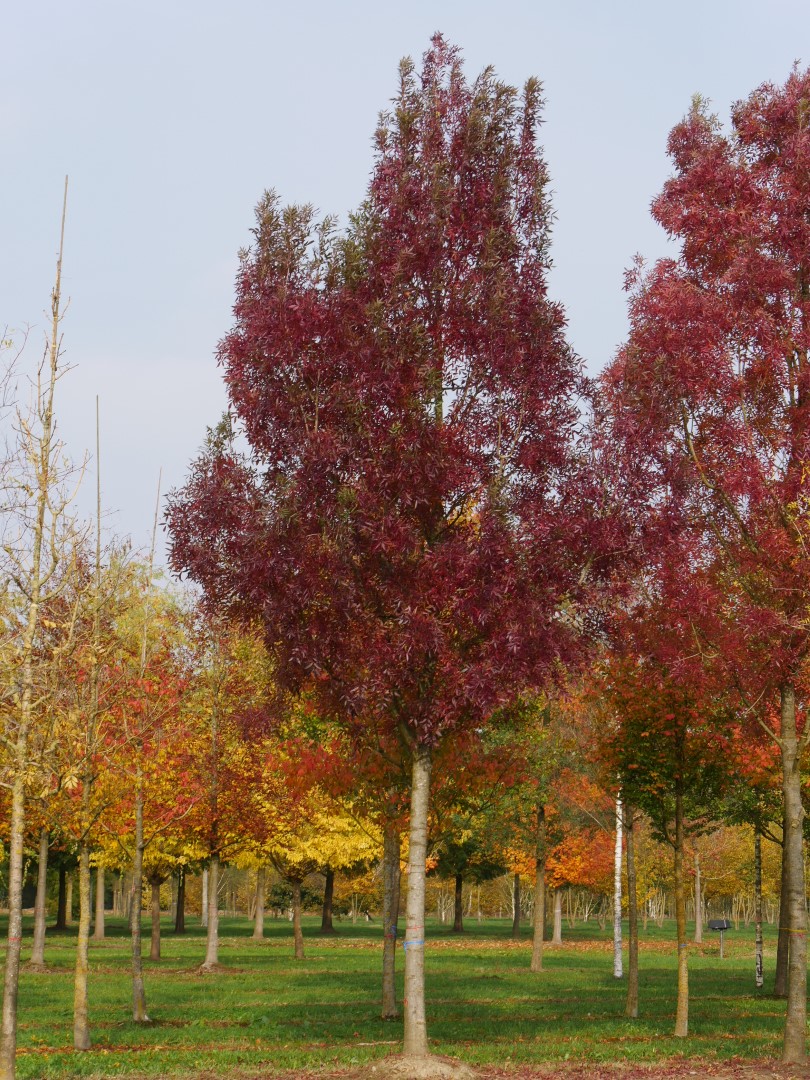
Fraxinus angustifolia 'Raywood' Fraxinus angustifolia 'Raywood' Van den Berk Viviros
Fraxinus angustifolia Accession Count: 3 Common Name: raywood ash Find this plant on campus Family Name: Oleaceae Botanical Name: Fraxinus angustifolia Synonyms: Botanical Synonyms: Fraxinus oxycarpa var. angustifolia Sub Species: Variety: Forma: Cultivar: 'Raywood' Characteristics: Compound: Fra ang Ray Geographic Origin: Mediterranean

Fraxinus angustifolia 'Raywood' Paddock Paradise, Ash Tree, Ornamental Trees, Garden Trees
Raywood Ash grows 40'-50' tall with a 25' spread in a landscape, opening into a full, rounded canopy with age. On better sites this species can grow even taller and wider. The canopy is symmetrical with a smooth outline. The bold round-headed form is perfect to cast summer shade. Leaves are arranged in a pinnately compound fashion.